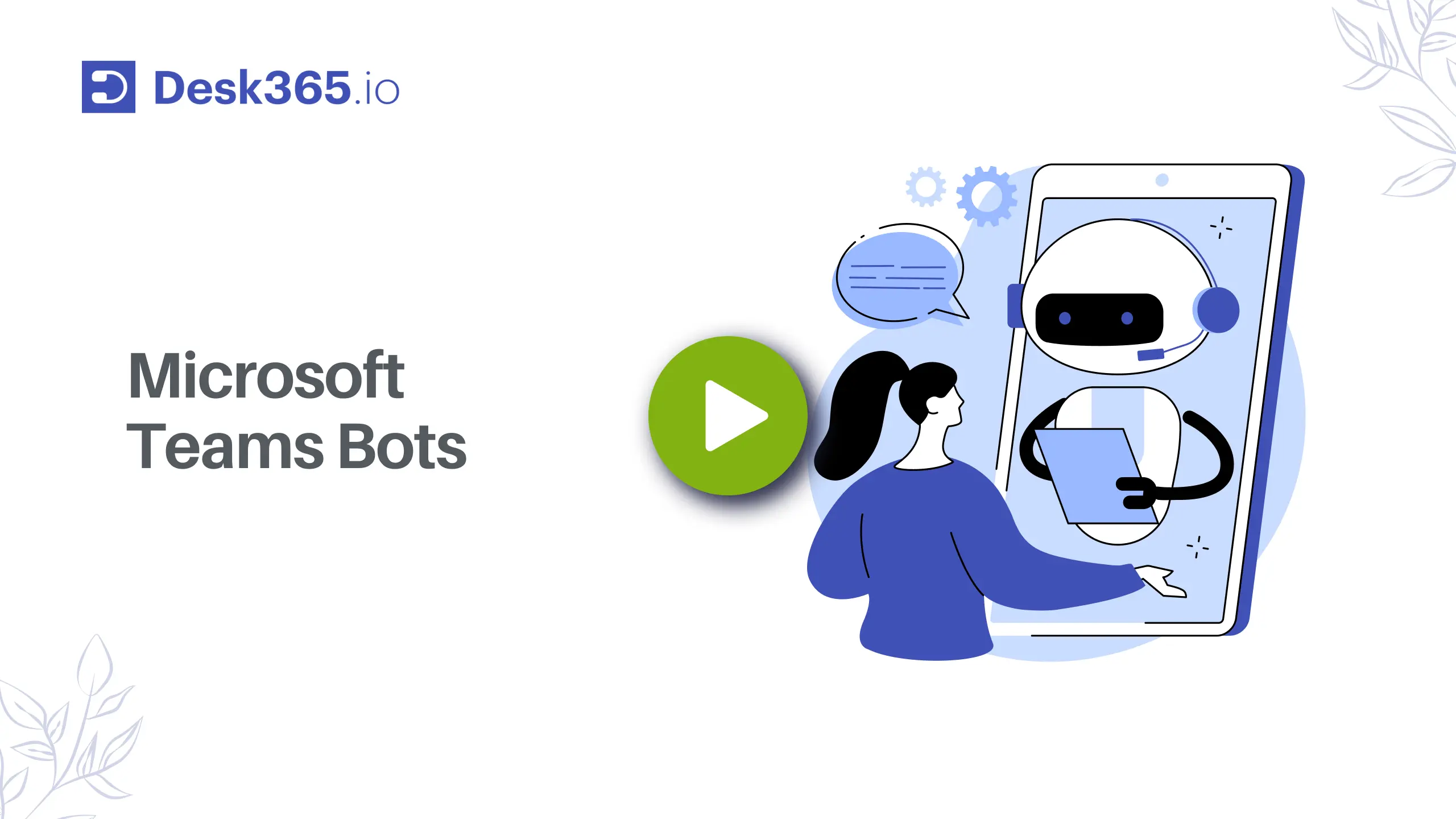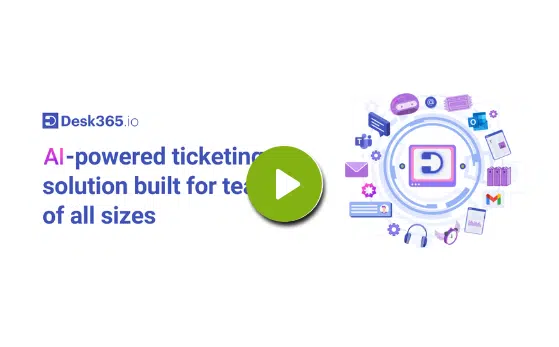If you’re using SuperOps or considering it, you’re probably already familiar with its promise as a modern all-in-one platform for MSPs. It covers a lot — from PSA to RMM — but that doesn’t mean it’s the perfect fit for everyone. Maybe it’s the pricing, certain features you’re missing, or just the overall workflow that’s not clicking.
Whatever the reason, you’re not alone in looking for other options. In this post, we’ll walk through some solid SuperOps alternatives — what they offer, where they shine, and how they compare — so you can find the right tool for your team without wasting time or money.
Common reasons why you might look for SuperOps alternatives
👎 What users criticize based on G2 reviews
- Missing features: Users highlight gaps in core functionality, integrations, and documentation (25 mentions).
- Feature issues: Some report inefficiencies, bugs, and incomplete features — particularly with documentation and integration (13 mentions).
- Integration problems: Significant issues were noted with QuickBooks and mobile integration, making workflows harder (12 mentions).
- Lack of integrations: Users feel limited by how few third-party tools can connect with SuperOps (11 mentions).
- Access limitations: Complaints include no mobile support and restricted file preview capabilities (8 mentions).

Top 5 SuperOps alternatives for businesses in 2026
The top 5 SuperOps alternatives are Desk365, HaloPSA, NinjaOne, Atera, Syncro
1. Desk365
Why Desk365 is a good SuperOps alternative?
Desk365 is a modern, cloud-native helpdesk platform built for Microsoft 365 users. It integrates deeply with Teams and offers an affordable, powerful PSA-lite experience with automation, SLAs, and reporting — perfect for small to mid-sized IT teams and MSPs who prioritize Microsoft ecosystem compatibility.
1. Custom domain
Give your helpdesk a branded, professional touch by using your own domain (e.g., support.yourcompany.com), enhancing customer trust and brand consistency.
2. Round Robin
Automatically distribute incoming tickets among your support agents in a balanced way, ensuring no one gets overloaded and responses stay fast and consistent.
3. Microsoft Teams ticketing system
Turn Teams into a full-featured helpdesk. Agents can create, manage, and respond to tickets directly from Microsoft Teams, streamlining communication without switching tools.
4. SLAs (Service Level Agreements)
Define and track resolution and response time targets to keep your support team accountable and your customers happy, with automated alerts for overdue tickets.
5. Approval management
Easily set up multi-level approval workflows for tickets, purchases, or changes. Great for internal IT teams or any support process that needs manager sign-off.
6. Time-based automation
Automate actions based on time, like escalating tickets, sending reminders, or closing inactive requests, to reduce manual work and enforce support workflows.
7. Reporting and analytics
Access detailed reports on ticket volume, agent performance, SLA compliance, and more. Great for spotting trends and improving service delivery.
8. Support portal customization
Personalize your self-service portal to match your brand with custom logos, colors, layouts, and messaging, creating a seamless experience for end users.
9. AI actions
Use AI to automate repetitive tasks, suggest ticket responses, and streamline workflows. A productivity boost for support teams handling high volumes.
10. Power BI integration
Connect Desk365 with Power BI to build advanced, custom dashboards and visualizations — ideal for tracking KPIs and sharing insights across teams.
11. Entra ID sync (formerly Azure AD)
Easily sync user identities from Microsoft Entra ID (Azure AD), enabling seamless authentication and user management in enterprise environments.
12. Knowledge Base (KB)
Create and manage a searchable library of articles and FAQs, helping customers resolve common issues on their own and reducing ticket volume.
13. CSAT (Customer Satisfaction Surveys)
Collect real-time feedback from customers after ticket resolution to measure satisfaction, improve service, and track agent performance.
14. Scheduled exports
Automatically send reports on a daily, weekly, or monthly basis to stakeholders, keeping everyone in the loop without manual exports.
Pricing:
Lowest Paid Plan: $12/agent/month
Highest Paid Plan: $20/agent/month
Free trial available.
2. HaloPSA
HaloPSA is a comprehensive PSA platform built for modern MSPs. It includes everything from ticketing and SLAs to CRM, project management, and advanced reporting — all in one place.
Why it’s a good alternative:
Halo is ideal if you’re outgrowing SuperOps and want a more mature, highly customizable platform with powerful integrations and reporting capabilities.
Best for:
Growing MSPs and teams that need a full-featured PSA.
Notable features:
SLA management, ticketing, CRM, asset tracking, native RMM integrations, project management.
Pricing:
Starts at $29/user/month, with custom pricing for enterprise plans.
3. Syncro
Syncro combines PSA and RMM into a single platform with flat-rate pricing. It’s particularly popular among small to mid-sized MSPs for its strong billing, scripting, and automation features.
Why it’s a good alternative:
If you want one tool that covers both RMM and PSA without complex pricing or unnecessary bloat, Syncro is a great choice.
Best for:
MSPs looking for an affordable all-in-one solution.
Notable features:
Invoicing, scripting, ticketing, remote access, monitoring, and built-in billing tools.
Pricing:
$139/user/month, flat pricing with all features included.
4. NinjaOne
NinjaOne is a fast, cloud-native RMM platform focused on endpoint management, automation, and patching. It’s known for being lightweight, intuitive, and reliable.
Why it’s a good alternative:
NinjaOne is perfect if your main need is a strong RMM replacement. It’s streamlined, stable, and scalable — and works well with third-party PSA tools.
Best for:
MSPs or IT teams looking for a focused RMM solution.
Notable features:
Endpoint monitoring, remote management, patch automation, backup, and alerting.
Pricing:
Custom quote-based, typically starts around $3–6/device/month.
5. Atera
Atera is an all-in-one RMM and PSA platform with a unique pricing model — you pay per technician, not per device. It’s easy to use and quick to deploy, making it great for smaller teams.
Why it’s a good alternative:
If you want simple billing and unlimited devices per tech, Atera is a strong fit. It’s also very user-friendly, with solid remote support tools.
Best for:
Solo MSPs and small IT teams.
Notable features:
Unlimited devices, ticketing, SNMP monitoring, remote access, automation, billing integration.
Pricing:
Starts at $129/technician/month (Pro), with higher tiers for advanced features.
Why Desk365 is the best SuperOps alternative?
Desk365 stands out as one of the best alternatives to SuperOps, especially for teams that are heavily invested in Microsoft 365. Its native integration with Microsoft Teams allows users to manage and respond to tickets directly within Teams, creating a seamless experience for internal IT teams and MSPs alike.
Unlike SuperOps, which tries to do everything and can feel bloated or unstable at times, Desk365 focuses on delivering a clean, modern helpdesk with powerful automation, SLA management, and reporting — all in a user-friendly interface.
It also offers advanced features like AI-driven ticket actions, Power BI integration, and approval workflows without hiding them behind expensive tiers. With pricing starting at just $12/user/month, it’s significantly more affordable than many competitors, while still providing the key tools most support teams need.
Add in features like custom domain support, Entra ID sync, and a customizable support portal, make Desk365 a smart, reliable choice for organizations looking for a lightweight but capable alternative to SuperOps.
Real-world proof: How Concurrent streamlined support with Desk365
Don’t just take our word for it—let’s see how a real company is using Desk365 to scale their support.
Concurrent, a hybrid Registered Investment Adviser (RIA) with 65 agents across 39 departments, faced challenges with disorganized email threads, slow response times, and disconnected communication between teams like finance, compliance, and tech.
They explored several tools but ultimately chose Desk365 for its simplicity, seamless integration with Microsoft 365, and robust reporting features.

With Desk365, Concurrent:
- Onboarded 65+ agents in record time
- Automated routing across departments
- Used SLA alerts and canned responses to improve efficiency
- Leveraged built-in reports to monitor agent workload and plan hiring
Looking for more details? Read more on our helpdesk. New here? Sign up for a free trial and explore everything Desk365 has to offer. Want a personalized walkthrough? Book a demo with our team and see how Desk365 can fit your workflow.







